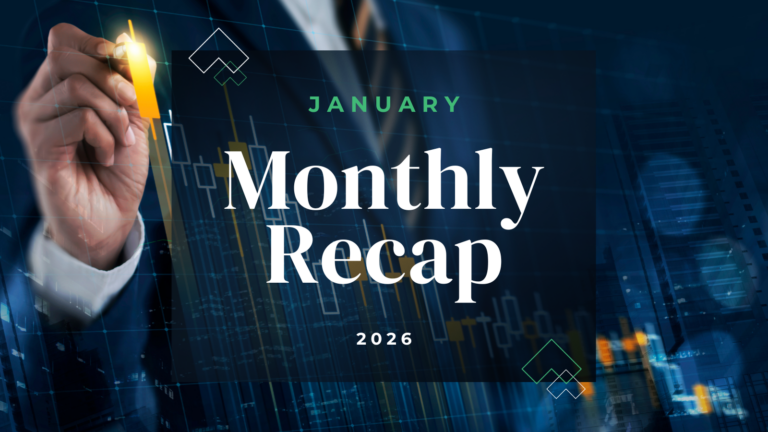By Deb Dubin, Chief Philanthropy Officer
We often share information with clients who are looking to respond to contemporaneous natural and humanitarian disasters, from flooding to earthquakes to wildfires to war. The Center for Disaster Philanthropy (CDP) can be a useful resource in these instances, as they coordinate relief funds and consult with organizations focused on recovery.
If it feels like the cadence of natural disasters is increasing, you’re right. There has been an alarming rise in weather- and climate-related crises over the past few decades, requiring costly responses to devastating damage across the globe.
While the normal playbook looks like disaster->media attention->community response (and press repeat for the next disaster), a recent report suggests that a rising number of natural disasters—with shorter respites between them—requires stakeholders, including philanthropic donors, to consider a new approach. Emergency response alone is insufficient to confront these fierce threats. Disaster preparedness is critical, as is resiliency and collaboration, in what is being labeled a “long-haul” approach.
According to the report, “the good news is that the philanthropic infrastructure of disaster philanthropy has grown more sophisticated in its response to the growing threat of natural disasters. The bad news is that funding for those efforts has remained stagnant….resilience and preparedness funding accounts for about 2% of total grantmaking.”
Spending dollars today to enhance capacity for tomorrow is considerably less popular when compared to the responsive approach, which entails tackling disasters as they happen. The report authors argue for a shift in the model to a more proactive approach that will foster preparedness, creating a more robust infrastructure that enables coordination and rebuilding. Philanthropy-serving organizations and community foundations are key links in this ecosystem.
Investing in resiliency ahead of the next crisis can facilitate a more effective response when disaster strikes, again and again.
© 2024 Advisory services offered by Moneta Group Investment Advisors, LLC, (“MGIA”) an investment adviser registered with the Securities and Exchange Commission (“SEC”). MGIA is a wholly owned subsidiary of Moneta Group, LLC. Registration as an investment adviser does not imply a certain level of skill or training. The information contained herein is for informational purposes only, is not intended to be comprehensive or exclusive, and is based on materials deemed reliable, but the accuracy of which has not been verified.
Trademarks and copyrights of materials referenced herein are the property of their respective owners. You should consult with an appropriately credentialed professional before making any financial, investment, tax or legal decision. All investments are subject to a risk of loss. Diversification and strategic asset allocation do not assure profit or protect against loss in declining markets. These materials do not take into consideration your personal circumstances, financial or otherwise.







